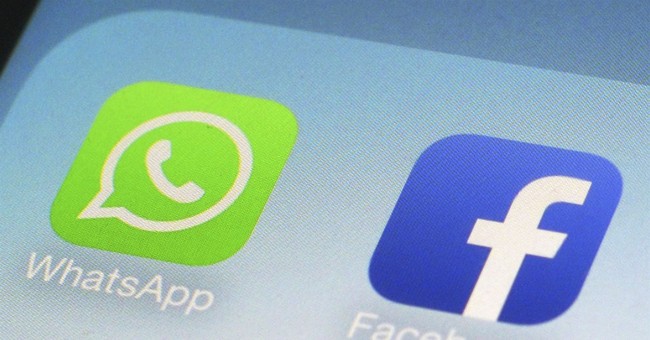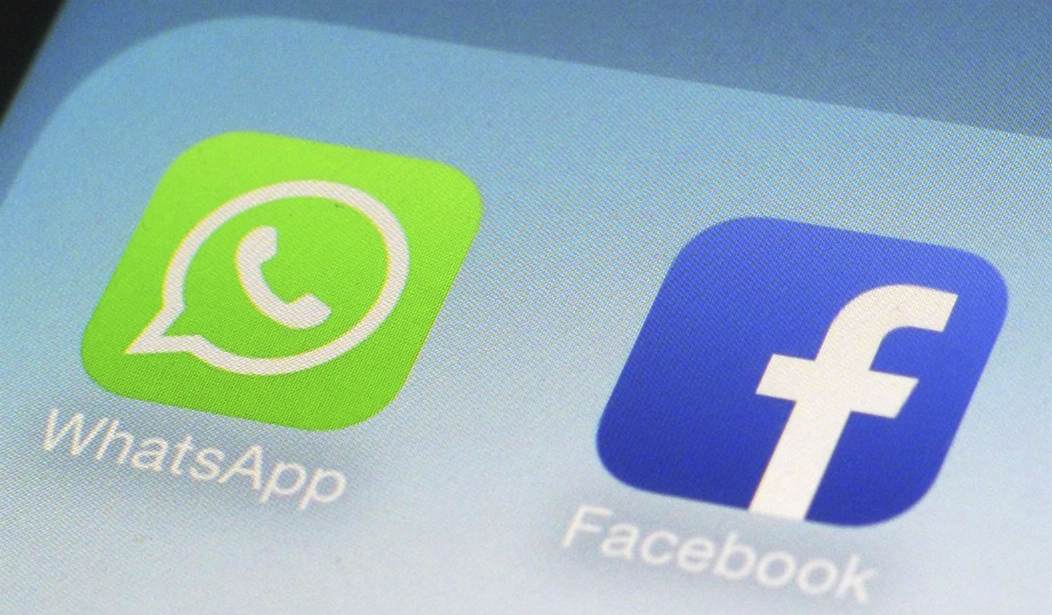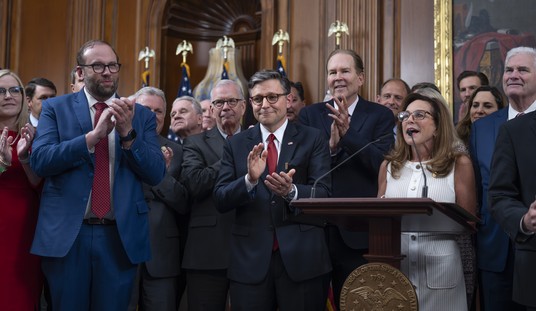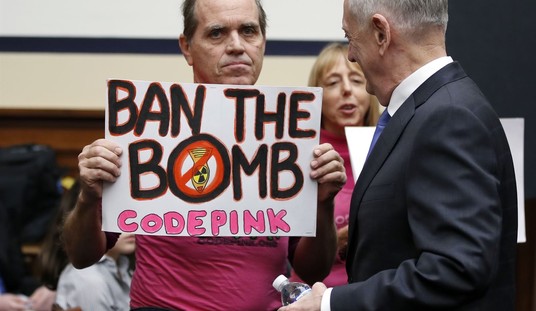
The liberal Los Angeles Times came out with an odd article this week and you really had to read down into it to get to the real story.
It was titled “Democrats plot a counterattack on disinformation in hopes of taking back the White House.”
Basically, it was an article trying to blame Republicans for “disinformation,” asserting that “conservative conspiracy theories and “deep fake” videos race through the internet,” therefore justifying the Democratic reaction back to them. They falsely cited President Donald Trump being given hydroxychloroquine by his doctor and his tweets about mail-in voting fraud as stoking conspiracy theories.
Now, of course, it’s hard to get a bigger “conspiracy theory” and attempt to undermine an election and the whole presidency of President Donald Trump than the Russia collusion, paid for and spread by the Democrats.
Then they got down to it, although it was still a little couched.
A network of trustworthy messengers is essential, the experts say, to slowing the spread of debunked material. [….]
As Democrats draft their counteroffensive, they are looking beyond the traditional tools — paid advertisements, media fact-checkers and unevenly enforced social-media platform rules. They are rethinking who needs to be drafted into this fight, when to engage these messengers, and how to advance their own narratives.
The emphasis is on empowering diverse voices online who may only be loosely affiliated with the Biden campaign. How to best enlist those people is a point of tension.
Craig, who has worked for foreign clients in emerging democracies, is skeptical of the Main Street One model of hiring influencers with appeal in various targeted communities — for example, one group for older African Americans, another for single moms, another for devout churchgoers.
“I don’t want our country to move campaigning to this transactional pay-to-play system,” she said. “It then becomes the expectation of voters that we are paying for our support. I see this happen in my work abroad in places that are not functional democracies. It is not an effective way to organize and will have long-term consequences.”
The executives at Main Street One, though, say they are seeing results in state and local campaigns by mobilizing influencers who have common cause with the candidate or ballot issue. They point to Kentucky, where an influencer they engaged to help undermine support for Senate Majority Leader Mitch McConnell was a mom with the social media tagline “bourbon, basketball and God,” who wasn’t a political activist but drew their attention for posting her disgust over McConnell’s push to dismantle Obamacare.
Did you catch that? They’re paying social media influencers to promote Democrats/Democratic issues. So that person whom a young person may be following for fashion is now going to be covertly pushing Democrats.
“If you want a more credible messenger, you don’t want them to be as explicit in their political views,” said Hougland, who has launched an anti-Trump political action committee called Defeat Disinfo. “These are all people who make a part of their livelihood by being approached by brands or organizations to express their passions. They are comfortable with this ecosystem. While they are somewhat new to politics, we are comfortable with that.”
Translation: we’re paying them to be covert propagandists for us and trick people that they aren’t obvious political stooges.
Very interesting — Democrat groups are now paying non-political social media "influencers" to attack Republicans online, hoping it looks more organic.
Makes you wonder how much online conversation you see is real and genuine. https://t.co/HAt6v2WW06 pic.twitter.com/etpWcAohc8
— Matt Whitlock (@mattdizwhitlock) May 26, 2020
But remember, it’s because they have to fight those conspiracies the evil Republicans are spreading, that’s why they’re pushing their own disinformation campaign. “The dilemma for Democrats is that the disinformation threat has grown so big and complicated that small measures won’t dent it.”
What utter gall. One of the best ways to get rid of disinformation is for Democrats to stop spreading it and not have media work in cooperation to do so.














Join the conversation as a VIP Member